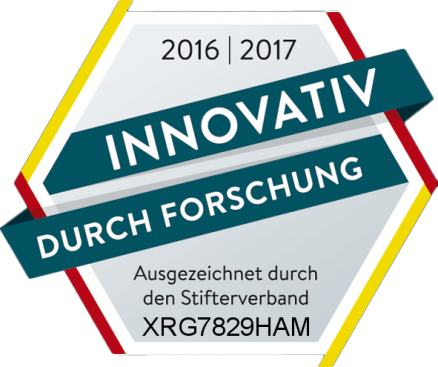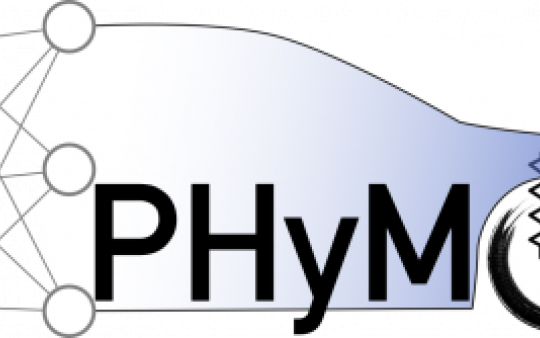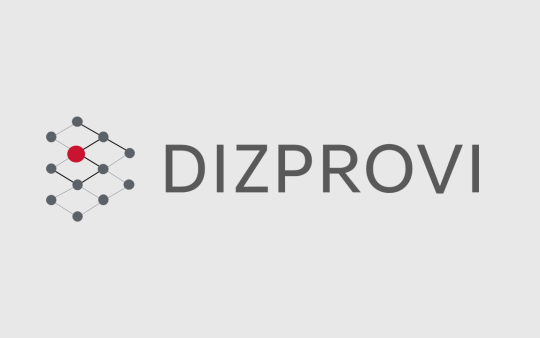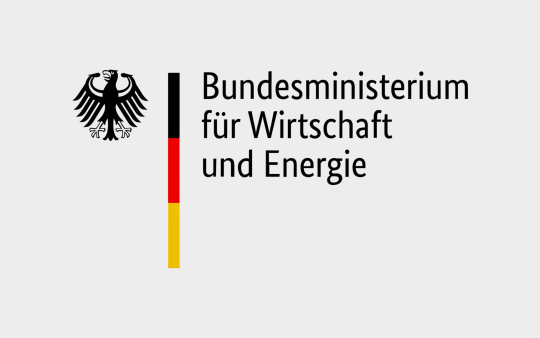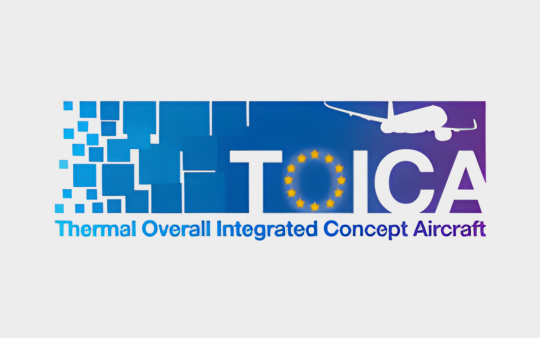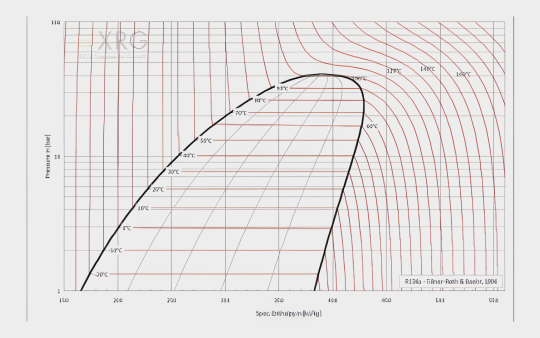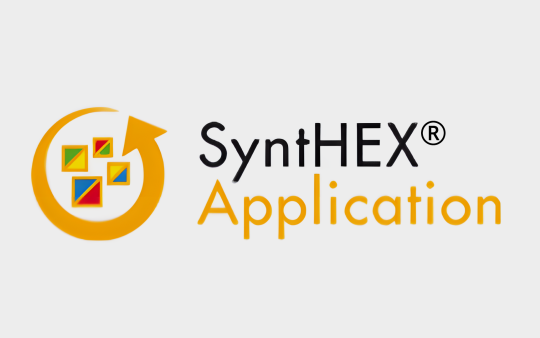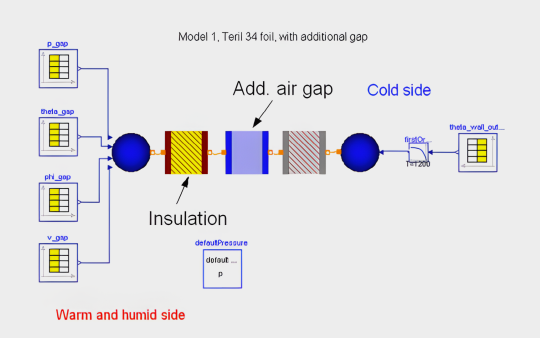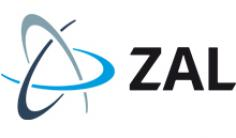
Research creates knowledge for the benefit of our customers
XRG continuously collaborates with renowned research institutes on challenging research projects in energy technology and the optimization of energy systems.
XRG's expertise in simulations and modeling of energy-related systems is particularly in demand in research when it comes to numerically complex topics with many parameters. We get to the bottom of these questions, expand our know-how, and develop methods and products that drive the project forward.
-
OpenSCALING
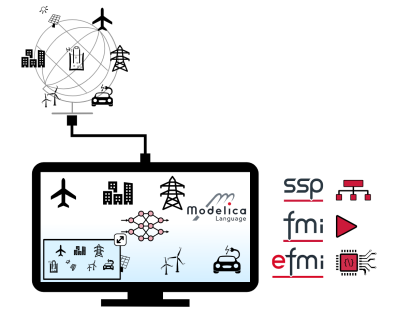
The European Climate Law sets the target of reducing net greenhouse gas emissions by at least 55% by 2030 and for Europe to become climate-neutral by 2050. To meet these ambitious goals open standards and established modelling and simulation tools need be enhanced to better support large-scale systems and distributed controllers optimized to minimize energy consumption and greenhouse gas emissions.
Several industrial demonstrators will showcase how the OpenSCALING innovations are applied in the domains of
- energy,
- buildings,
- aviation,
- and automotive
through green hydrogen production, more efficient heat pumps, fuel cell propulsion and electrified vehicles.
Significant improvements are expected in terms of managing magnitudes larger system models in the virtual engineering process using the open standards Modelica, FMI, eFMI and SSP. This includes:
- reduction of compilation and simulation times,
- speed-up of simulations by means of machine learning surrogate models,
- and the tool support of traceable and credible modeling and simulation processes.
PARTNER
The ITEA4 project is conducted in close cooperation of european partners from six countries.
Research Funding
The research project OpenSCALING is supported by the Federal Ministry of Education and Research (number 01IS23062K) and XRG participates from April 2025 to December 2026.
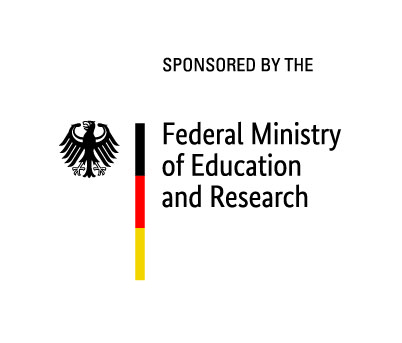
OUR SUCCESSFULLY COMPLETED RESEARCH PROJECTS
DIZPROVI (04.2021 - 04.2024)
DIgitale Zwillinge für PROzessoptimierung und Vorausschauende Instandhaltung MORENAKULEK (07.2016 - 06.2020)
Nakulek - Model-based design and analysis of a natural circulation for cooling of aircraft systems MOREDynStart (08.2015 - 06.2019)
DynStart - Start-up and Transient Behaviour of Power Plants ClaRa Website / MOREMoMoLib (11.2011 - 10.2013)
Modelling Fluid Properties for R134a and Humid Air Modelica library MoMoLib 1.0 / MORESyntHEX (11.2010 - 12.2012)
Optimal heat exchanger networks Product data sheet SyntHEX (.pdf) / MOREOpenProd (06.2009 - 12.2012)
Open Model-Driven Whole-Product Development and Simulation Environment OpenProd Website / MOREEuroSysLib-D (10.2007 - 06.2010)
Modelica libraries for embedded systems modeling and simulation MOREAward
